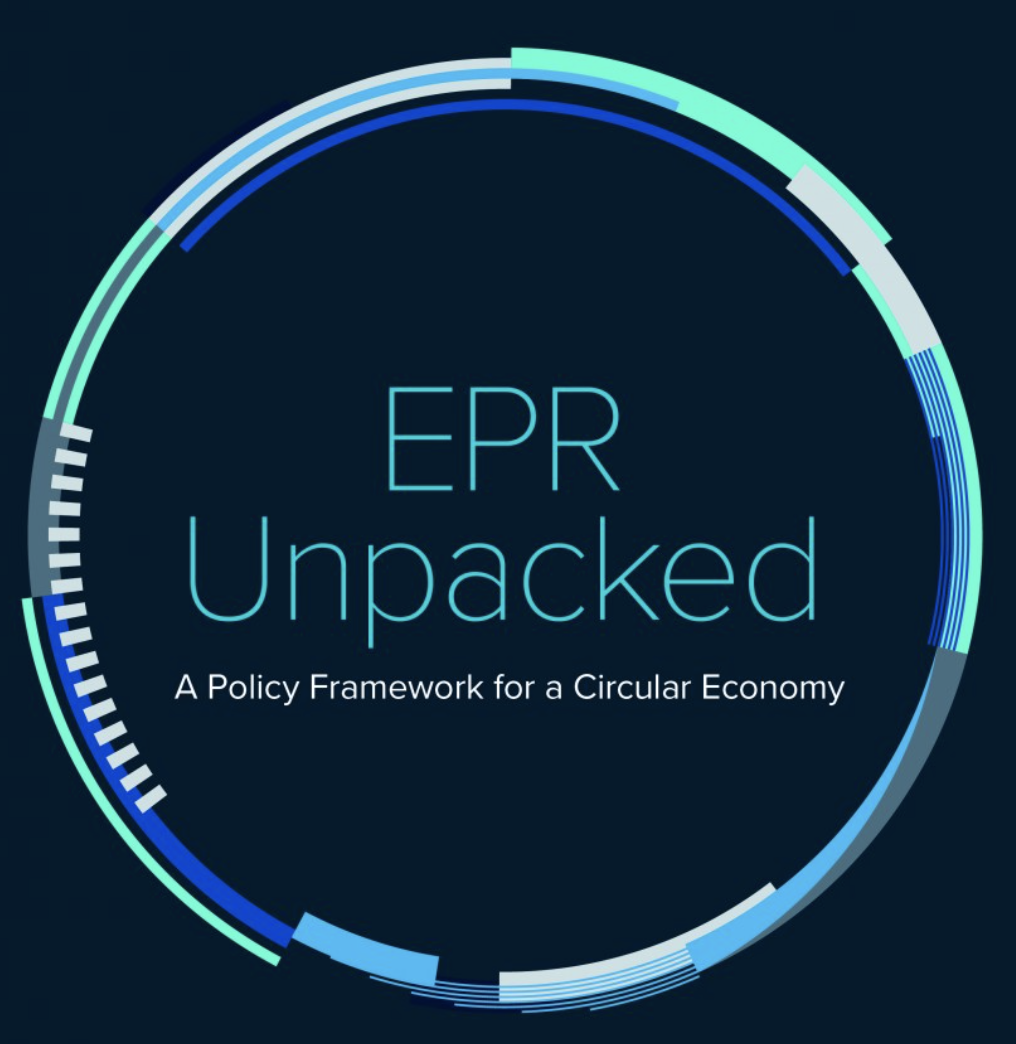
TOMRA has released its latest white paper, which examines ways to improve the effectiveness of Extended Producer Responsibility (EPR) initiatives, on the occasion of its 50th anniversary.
Through the white paper, TOMRA, a leading waste, and resource management innovator, provides practical solutions to deal with the ever-increasing volume of packaging trash.
Titled ‘EPR Unpacked – A Policy Framework for a Circular Economy’, the white paper investigates EPR schemes for packaging waste and serves as a detailed guide for policymakers who design or develop EPR schemes, providing a multi-faceted perspective and practical insights to help achieve greater performance.
As per a press release issued by TOMRA, the white paper explains the five design principles required for the successful implementation of an EPR scheme:
These are: circularity, which prioritizes the waste hierarchy, incentivizes eco-design, and utilizes reliable measurement protocols; performance, which includes a well-defined scope, clear roles and responsibilities, and comprehensive targets that scale up over time; convenience and user-friendly systems that increase the number of valuable resources that are collected and processed effectively; producer responsibility, which establishes clear rules for the management of packaging waste; and finally, system integrity, which ensures transparency and compliance to support the achievement of targets.
Click here to read the white paper ‘EPR Unpacked – A Policy Framework for a Circular Economy’.



